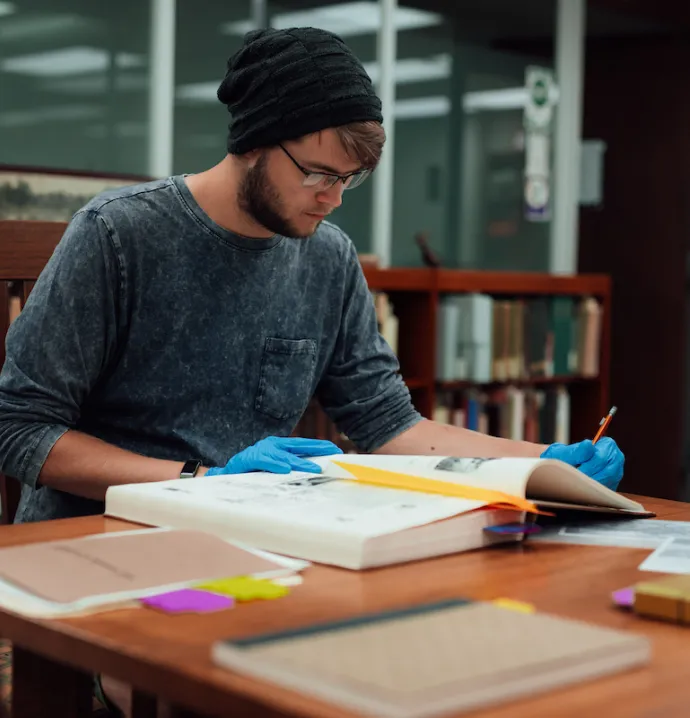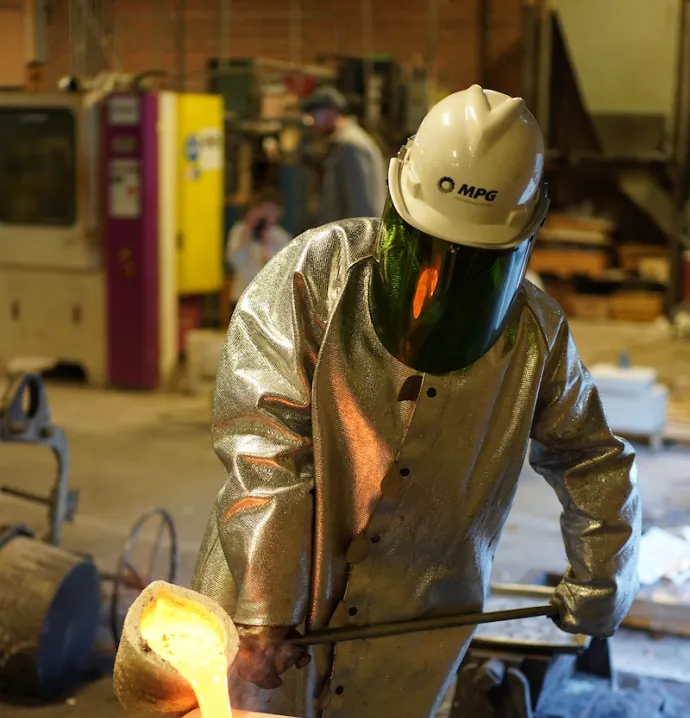UNI Physics, Biochemistry grad finds passion for bioengineering
UNI Physics, Biochemistry grad finds passion for bioengineering

When graduating senior Joseph Tibbs ('20) looks back at his decorated academic career at the University of Northern Iowa, he will remember the little things - playing board games every Friday with other chemistry students, participating in the UNI Ballroom/Swing Club, playing the bells in the Campanile, and sitting in the offices of his professors and mentors after hours, discussing not academics, but the journeys and pitfalls of life itself.
UNI provided Tibbs, a double major in biochemistry and physics, with cutting-edge research opportunities, helped him land several esteemed internships and assisted him as he earned prestigious scholarships and fellowships, but he said what makes UNI unique is the people.
“I’ll be thinking about the people (when I leave),” Tibbs said. “What sets UNI apart is the community that exists in the departments and residence halls. Everywhere you go, it is supportive. It’s an atmosphere of students who want to get to know each other and be creative with what experiences they have. The memories I have from UNI are not something you can get everywhere.”
The foundation those experiences provided culminated in the spring semester, when Tibbs was awarded the prestigious National Science Foundation Graduate Research Fellowship, a highly competitive program that will fully pay for his tuition and provide an additional stipend to allow him to pursue his doctorate studies in bioengineering.
But it’s not the only honor Tibbs earned during his time at UNI. When he graduates in May, he will leave behind a career punctuated by esteemed internships, advanced research opportunities and coveted scholarships.
Tibbs took part in three summer internships off campus. At the National Institute of Standards and Technology near Washington D.C., he studied electrostatic force microscopy, and at Yale University he studied cytoskeletal dynamics. Finally, Tibbs has worked extensively with the lab of Maria Spies at the University of Iowa under the FUTURE in Biomedicine program.
All three experiences contributed to his love of the field of biophysics and the technology of nanoscale measurement and detection and shaped his desire to combine knowledge of physics and biochemistry to develop nanosensors for disease biomarkers and microscopes for macromolecule characterization, Tibbs said.
Along the way, Tibbs assisted multiple UNI professors with research projects, including studying pancreatic cancer cell culture with Nalin Goonesekere, assistant professor of chemistry and biochemistry, and examining intracellular transport models with Ali Tabei, assistant professor of physics.
During his time at UNI, Tibbs was a Goldwater Scholarship recipient and a NASA Iowa Space Grant Consortium Merit Scholarship recipient,among other honors. He was involved in the Student Fees Committee working closely with the Northern Iowa Student Government and was co-president of both the Physics Club and the American Chemical Society Affiliates.
He was also recently one of only two students in Iowa to receive the R.J. McElroy Trust Fellowship, which will provide an annual stipend while Tibbs pursues his doctorate.
In the fall of 2020, Tibbs will attend the University of Illinois, Urbana-Champaign, where he will pursue his doctorate in bioengineering. He will work and study in the lab of Brian Cunningham, whose work with medical sensors and cancer detection now includes research into COVID-19, as he develops detection methods that would allow diagnostic facilities at the point of care to count each virus directly using a new form of ultrasensitive biosensor microscopy.




